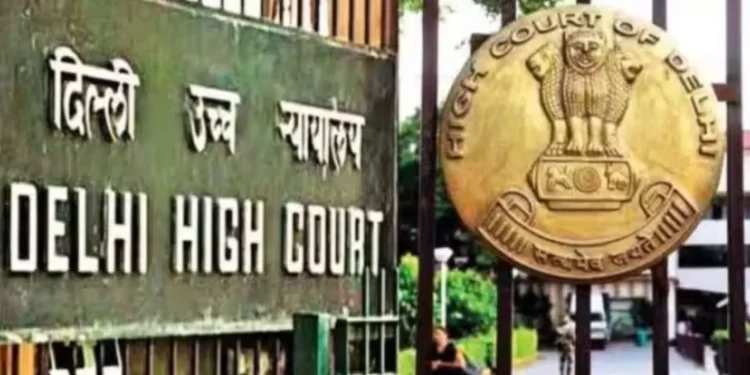Lagatar24 Desk
New Delhi: The Delhi High Court has emphatically stated that cases of sexual violence cannot be quashed based on monetary settlements, as doing so would imply that justice is for sale. This declaration came on Monday when the court dismissed a plea by a man accused of rape, who sought to have an FIR quashed on the grounds that the matter had been amicably settled with the woman for Rs. 1.5 lakh.
In the July 1 order, Justice Swarana Kanta Sharma highlighted the severity of the case, noting that the FIR detailed continuous incidents of extreme sexual violence. The woman, a single mother, alleged that the accused misrepresented himself as a divorced man and engaged in sexual violence under the false pretext of marriage. The FIR also mentioned threats to kill her and her son, and the creation of inappropriate videos and photos.
“This Court observes that the present case reveals continuous incidents of extreme sexual violence and the fact that the accused had misrepresented himself as divorced,” Justice Sharma stated. “The FIR specifically alleges not only sexual violence but also the creation of inappropriate videos and photos of their relationship and threats to kill her and her son.”
The court underscored that the issues raised in the FIR pertained to “self-respect, life, and death” for the woman and her child, with her assertions supported by evidence of threats and other allegations. The Memorandum of Understanding (MoU) between the parties, which included a financial settlement of Rs. 12 lakh, was seen as a means to quash the FIR rather than a genuine resolution of misunderstandings.
“Criminal cases involving allegations of sexual violence cannot be quashed on the basis of monetary payments, as doing so would imply that justice is for sale,” the bench emphasized. Justice Sharma also indicated that if the woman had made false allegations, she must face the consequences if proven.
The court concluded that the case did not meet the principles laid down by the Supreme Court for quashing an FIR. “The offence under Section 376 is a serious crime against society at large,” noted Justice Sharma.
The court dismissed the plea, stating, “Justice in a criminal trial, particularly in a case such as the present one, serves not only as a serious example and deterrent to the accused but also as a lesson to the community as a whole.” It stressed that neither the accused nor the complainant should be allowed to manipulate the criminal justice system for personal gain.
Justice Sharma directed that the trial court must decide the case on its merits, considering the principles of natural justice for both the woman and the accused, while also taking into account the broader implications for the community and the criminal justice system.







